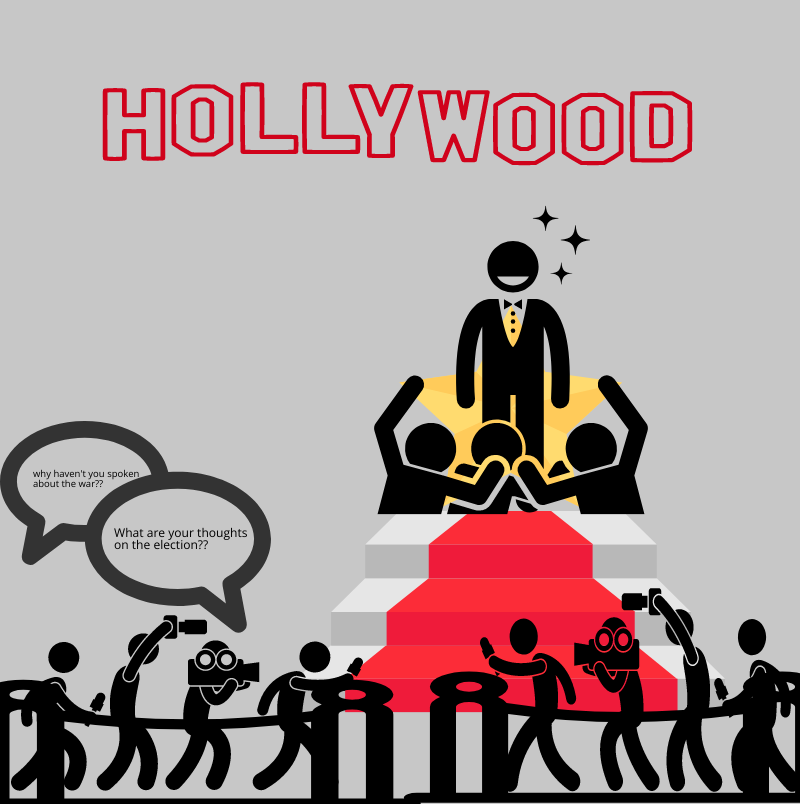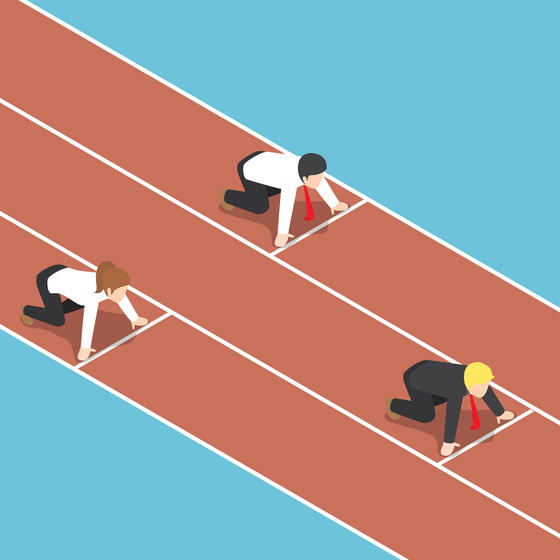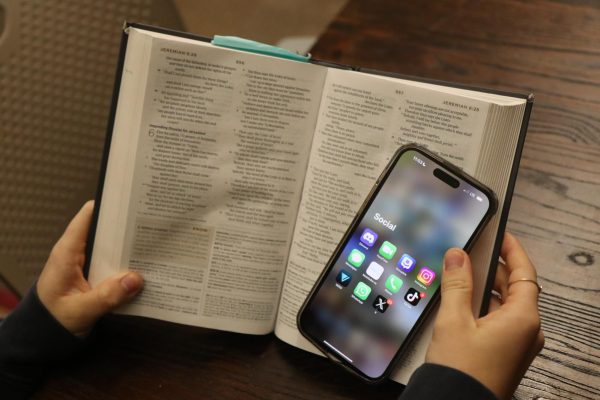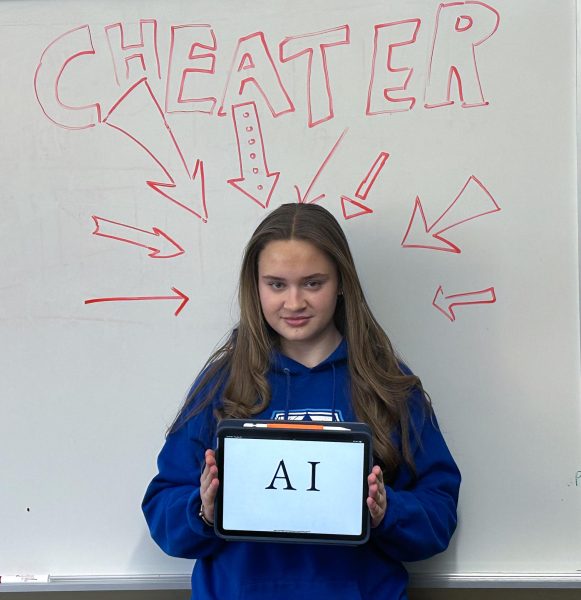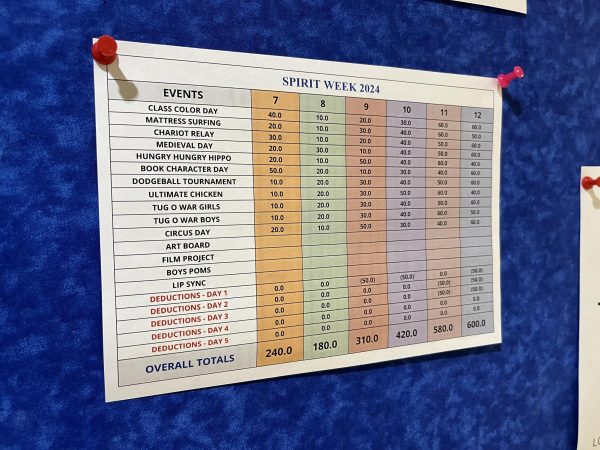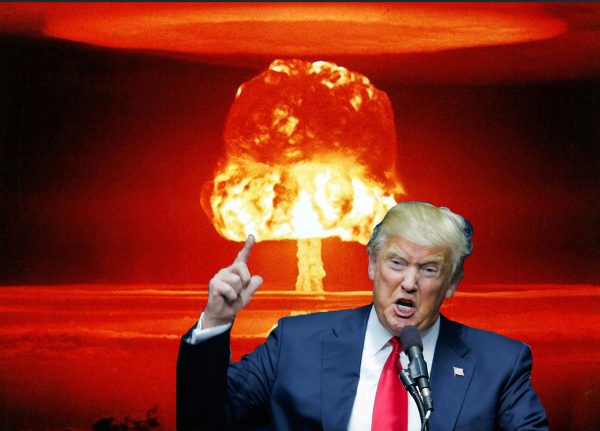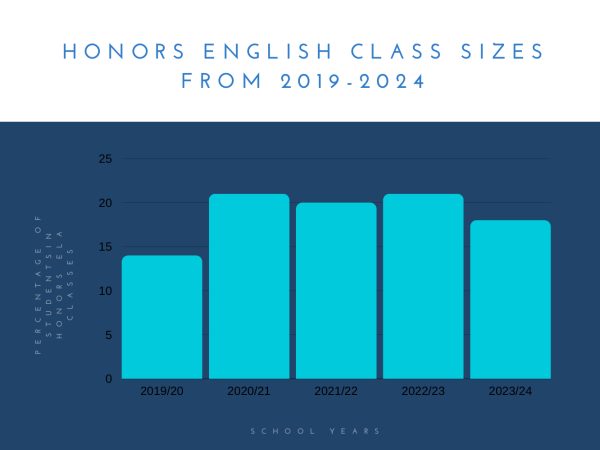Hollywood Glorification
“If I’ve got something to say, I’ll say it, but I don’t want to be dragged into it,” she told The Guardian last year. “I don’t really like getting up on TV and saying political things. I don’t even want to make a deal out of it, but I want people to know I’m my own individual self.” (Celebrities who don’t talk politics: ‘Nobody cares’ | Fox News).
Famous singer Dolly Parton here is being interviewed about her thoughts on the 2020 election. Fans quickly become angry or even upset with Parton for her lack of clarity and detail. This commonly leads fans to believe she is not not using her voice as a celebrity by speaking up for what matters. Dolly states she does wish to share her concerns regarding the election, since the election brought quite the divide to the political parties and union of America as a whole. She has the ability to make a difference and bring in listeners due to her big fanbase, but she chooses to stay quiet—why is that?
Dolly Patron is not the only celebrity to ever receive backlash for failing to address big, political issues. Celebrities all across Hollywood are shamed for being passive with such questions, and often are labeled as “uneducated.” People with the privilege of having a big influence on America should take advantage of that to make change, but who are we really asking this of? People such as Dolly Parton are famous because they are entertainers, not political science majors.
“In recent years, popular culture and political activism has very much blended together. Some people champion this and are excited to see celebrities with privilege speaking out about social issues, certain political figures and movements across the globe. However, many believe that actors, musicians and athletes should stay away from politics because they lack adequate qualifications and speak out for the purpose of branding” (Celebrities should use their platforms to discuss national issues | Opinion | the-standard.org).
It is easy for Americans and people all across the world to view celebrities as role models. They are performers who are constantly seen in the public light. They are held accountable for their actions like no other due to news sources and media all across the spectrum. It is easy for people to forget these people are human too, despite their multi-million fan base and net worth. It is human nature to praise celebrities and expect pristine behavior from them. When a celebrity makes a mistake, though, they receive far more backlash for this than any of us would due to the public light. These people should not be what you are basing your morality off. Fans are quick to be upset with their lack of attribution to social issues, but are we even doing the same?
Moral of the story is, we should not expect greatness out of people who are in the public eye purely for entertainment purposes. They have been media trained to hold their tongues on various Hollywood dramas, not the controversy that is hurting America. They are paid to be entertainment, not political activists. Expecting this out of celebrities is why America faces the issue of performative activism today, which is doing more harm than good.
The issue of glorifying celebrities does not just stop at politics. Generation Z is the only generation to be exposed to technology since birth. Parents allow their children to access various social media platforms, allowing them to be enlightened in pop culture. Parents have a tendency to become angry with celebrities for inappropriate behavior—after all there are kids watching these people, they need to act as the “role model “ they are.
“For Vanity Fair’s June 2008 cover, Annie Leibovitz photographed then-15-year-old Cyrus in nothing but a sheet. Then a Disney star on “Hannah Montana,” Cyrus faced immediate controversy for posing so scandalously. At first, the “Malibu” singer caved to the backlash and issued an apology” (Miley Cyrus’ 11 biggest scandals through the years).
Singer And Songwriter Miley Cyrus is best known for her childhood as a Disney star on the show Hannah Montana. She has always been in the public eye, but her audience did consist of young adolescence. People expect her to be a role model for their children, but why are we choosing celebrities to teach children morals? Once again, people like Miley Cryus are in the public eye to prodive laughter and entertainment, not raise children to be upstanding citizens. Before ridiculing celebrities for their wild behavior, think about what you are asking of these people. Just because they are famous does not mean they are here to set an example for the entire world.
Before we decide to ridicule celebrities for their vagueness on various topics, it is important to think about the pressure they are facing when addressing any issue. No matter what they decide to say or do, people will have both negative and positive remarks. It is not anyones responsibility to set an example for you, your parents, or your children. Celebrities do not sought out fame to be an example for the next generation, but to do what they desire and provide baseline entertainment.
“She pointed to examples of body positivity and conservationism. Celebrity mental health advocates and those who’ve gone through recovery like Selena Gomez, Ariana Grande, and Michael Phelps are also helping break the stigma around mental illness, prioritizing their mental health and seeking treatment. Recently, the Olympics and other notable competitions have brought the issue of professional and student-athlete mental health to the forefront.” (Are Celebrities Good Role Models for Teens? – Embark Behavioral Health ).
While history repeats itself time and time again with celebrity scandals, there are still some redeemable qualities that we can admire in celebrities, for example: Selena Gomez. Selena Gomez has been in the spotlight since a very young age, starring in Barney. quickly Gomez became a Disney Star, being the main character in her show “Wizards of Waverly Place.” After her Disney debut Selena got involved in the music industry, and even made her own makeup brand “Rare Beauty.” She has been a huge advocate for mental health and body image. She does this while opening up about her bipolar disorder and lupus.
“This is when things really kick off. Gomez posts a video on TikTok mentioning that she accidentally over-laminated her eyebrows. Shortly after, Kylie Jenner posted a photo of herself on Instagram with the words “this was an accident???” sitting directly over her brows. Then Jenner goes on to post a close-up FaceTime selfie of both her eyebrows and Hailey Bieber’s.”
Selena Gomez has been the victim of cyberbullying by Justin Bieber’s wife: Hailey Bieber. the internet has created quite the notion between these two woman since Selena Gomez is Justin’s former girlfriend. Though often fabricated by the media, she still faces bullying from Hailey Bieber. People are quick to take Selena’s side given she did nothing wrong, but this resulted in a lot cyber bullying for Hailey. This situation is relevant to the character of Selena Gomez. Though this woman has trolled her consistently, Selena publicly stood up for her on the internet, reminding her fanbase to always choose kindness.
Due to how susceptible generation z is to the media, celebrities are commonly role models to people. We see them in the public light all the time, so naturally we develop a fixation with these people. There are a lot of people out there who would be amazing role models, but no one is focusing on these people because they are not always in the public light. Celebrities are not necessarily good role models, but they are accessible. There is good in everyone, but it is a matter of who wants to spend their time advocating for the good of people and the world. There is a fine line between looking up to people and making them role models, chosen wisely.



